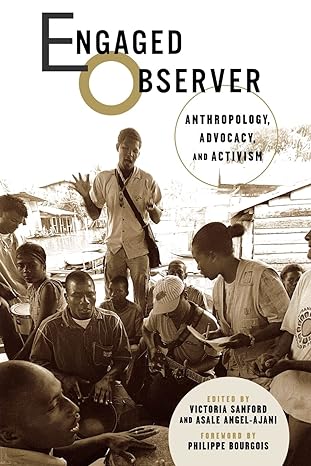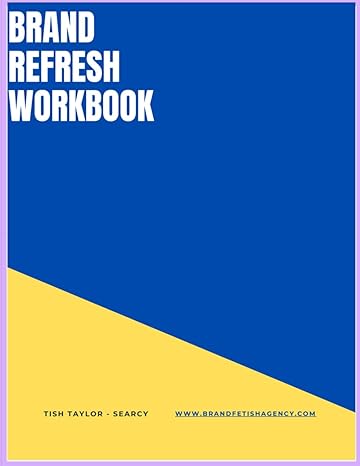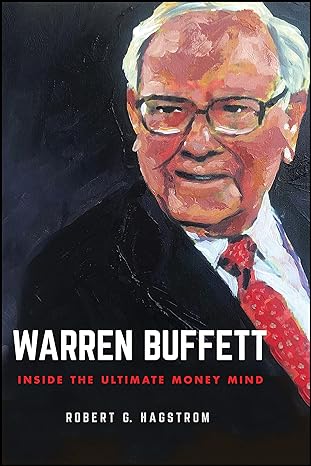Go back


Engaged Observer Anthropology Advocacy And Activism(1st Edition)
Authors:
Asale Angel-Ajani ,Victoria Sanford ,Phillippe Bourgois ,Professor Irina Carlota Silber ,Professor Rosalva Aida Hernandez Castillo ,Professor Dr. Monique Skidmore ,Professor Shannon Speed ,Professor Dana-Ain Davis ,Professor Michael Bosia ,Professor Roberta Culbertson ,Professor John Collins ,Professor Aldo Civico ,Professor Kay Warren

Cover Type:Hardcover
Condition:Used
In Stock
Include with your book
Free shipping: April 16, 2024Popular items with books
Access to 3 Million+ solutions
Free ✝
Ask 10 Questions from expert
200,000+ Expert answers
✝ 7 days-trial
Total Price:
$0
List Price: $41.95
Savings: $41.95(100%)
Book details
ISBN: 0813538920, 978-0813538921
Book publisher: Rutgers University Press
Get your hands on the best-selling book Engaged Observer Anthropology Advocacy And Activism 1st Edition for free. Feed your curiosity and let your imagination soar with the best stories coming out to you without hefty price tags. Browse SolutionInn to discover a treasure trove of fiction and non-fiction books where every page leads the reader to an undiscovered world. Start your literary adventure right away and also enjoy free shipping of these complimentary books to your door.
Engaged Observer Anthropology Advocacy And Activism 1st Edition Summary: Anthropology has long been associated with an ethos of “engagement.” The field’s core methods and practices involve long-term interpersonal contact between researchers and their study participants, giving major research topics in the field a distinctively human face. Can research findings be authentic and objective? Are anthropologists able to use their data to aid the participants of their study, and is that aid always welcome?In Engaged Observer, Victoria Sanford and Asale Angel-Ajani bring together an international array of scholars who have been embedded in some of the most conflict-ridden and dangerous zones in the world to reflect on the role and responsibility of anthropological inquiry. They explore issues of truth and objectivity, the role of the academic, the politics of memory, and the impact of race, gender, and social position on the research process. Through ethnographic case studies, they offer models for conducting engaged research and illustrate the contradictions and challenges of doing so.
Customers also bought these books
Frequently Bought Together
Top Reviews for Books
Tony Rosselli
( 5 )
"Delivery was considerably fast, and the book I received was in a good condition."










